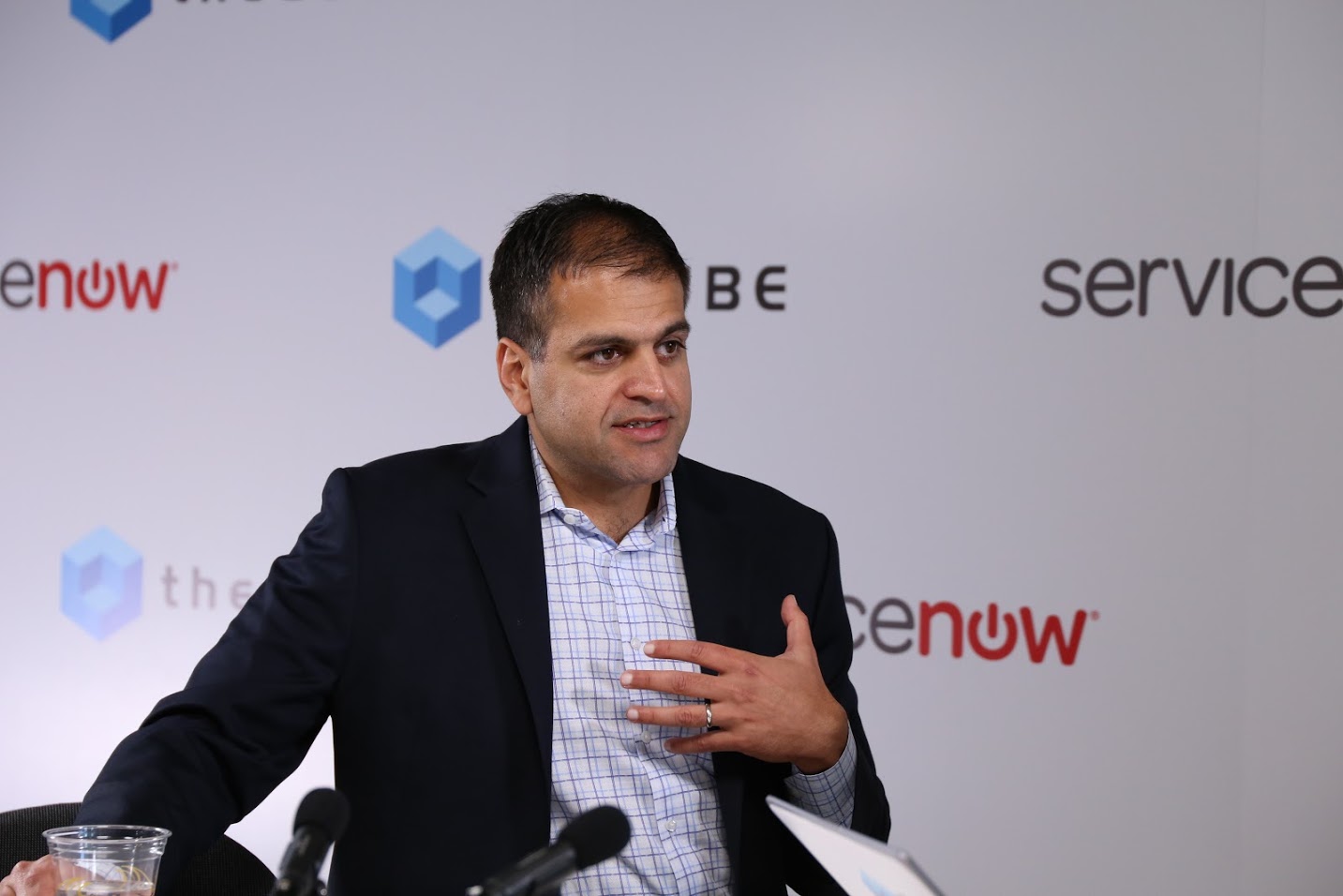 BIG DATA
BIG DATA
 BIG DATA
BIG DATA
 BIG DATA
BIG DATA
Chief information officers have bought into the promise of machine learning. Now they need to figure out how to make it work.
That’s the bottom line of a survey of 500 CIOs by service management software provider ServiceNow Inc. The research found that 89 percent of CIOs are using or planning to use machine learning, nearly 90 percent believe machine learning software can improve decision-making accuracy and 70 percent believe computers make more accurate decisions than humans. An identical number believe automating decisions will improve sales growth.
The number of survey respondents who expect their organizations to make at least some investments in machine learning will nearly double over the next three years to 64 percent. The percentage who plan to make substantial or major investments will more than triple from 5 percent to 16 percent. International Data Corp. agrees, forecasting that spending on artificial intelligence and machine learning will grow from less than $8 billion in 2016 to $47 billion by 2020.
“I believe machine learning is going to unlock the next wave of productivity,” said Chris Bedi (pictured), CIO at ServiceNow. The great enterprise resource planning boom that began in the mid-1990s, he said, “automated routine white-collar work. Machine learning can automate nonroutine cognitive work. Machines can start to make decisions.”
ServiceNow published the study in conjunction with its announcement of ServiceNow Agent Intelligence, the first in a series of planned machine learning-related enhancements to its core platform that will make advanced capabilities accessible to mere mortals. Agent Intelligence is intended automatically to categorize, set priorities for and assign work based upon urgency as determined by the machine learning algorithms. “We’re trying to make machine learning easier to adopt so that you no longer need to be an expert with an army of data scientists,” Bedi said.
That’s good, because CIOs are struggling to find the skills they need to the build their own machine learning models. And many don’t even seem to know what those skills are. Only 40 percent have even created job descriptions that are specific to the machine learning data science task, the survey found. Other major barriers to adoption include poor data quality and outdated processes.
Culture is a barrier, too, Bedi suggested. Many people are happy to let software such as Google LLC’s popular Waze navigation app tell them where to drive, but delegating workplace decisions to machines is too close for comfort. “An acknowledgement that the machine is better can be threatening,” he said. “Leadership has to make it clear that machine learning is additive. It’s going to create new jobs we don’t yet know about.”
The survey broke out a small group of CIOs who are already well along the curve. These first movers expect decision automation to support business growth, have developed ways to detect machine-made mistakes, have already redesigned job descriptions to accommodate machine learning support and have developed a plan for future business process change to a significantly larger degree than their lagging peers.
Perhaps unsurprisingly, CIOs in the financial services industry more advanced in their adoption of the technology, while the risk-averse healthcare industry lags. North American CIOs are more bullish than their peers in other parts of the world.
Of the areas where CIOs expect to see the greatest impact of automated decision-making, security operations leads by a wide margin. By 2020, respondents expect about 70 percent of their security operations decisions to be made automatically. Customer management and call center management are also expected to see significant gains.
Support our mission to keep content open and free by engaging with theCUBE community. Join theCUBE’s Alumni Trust Network, where technology leaders connect, share intelligence and create opportunities.
Founded by tech visionaries John Furrier and Dave Vellante, SiliconANGLE Media has built a dynamic ecosystem of industry-leading digital media brands that reach 15+ million elite tech professionals. Our new proprietary theCUBE AI Video Cloud is breaking ground in audience interaction, leveraging theCUBEai.com neural network to help technology companies make data-driven decisions and stay at the forefront of industry conversations.